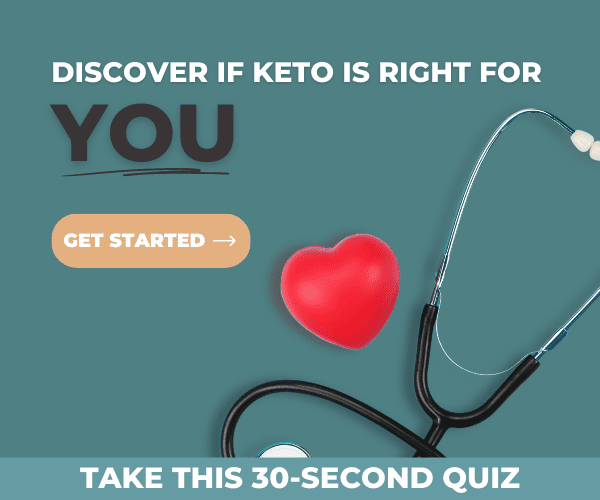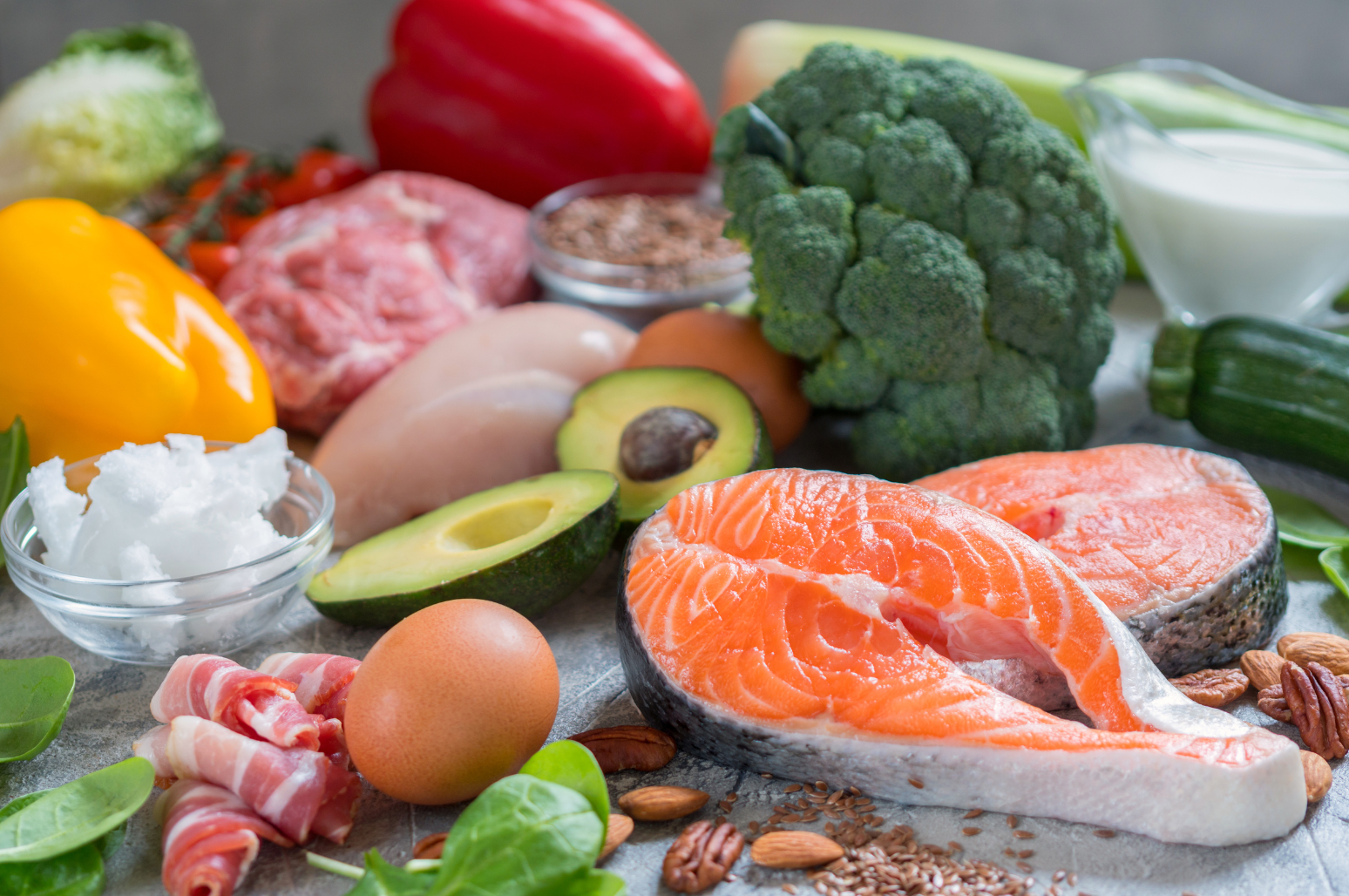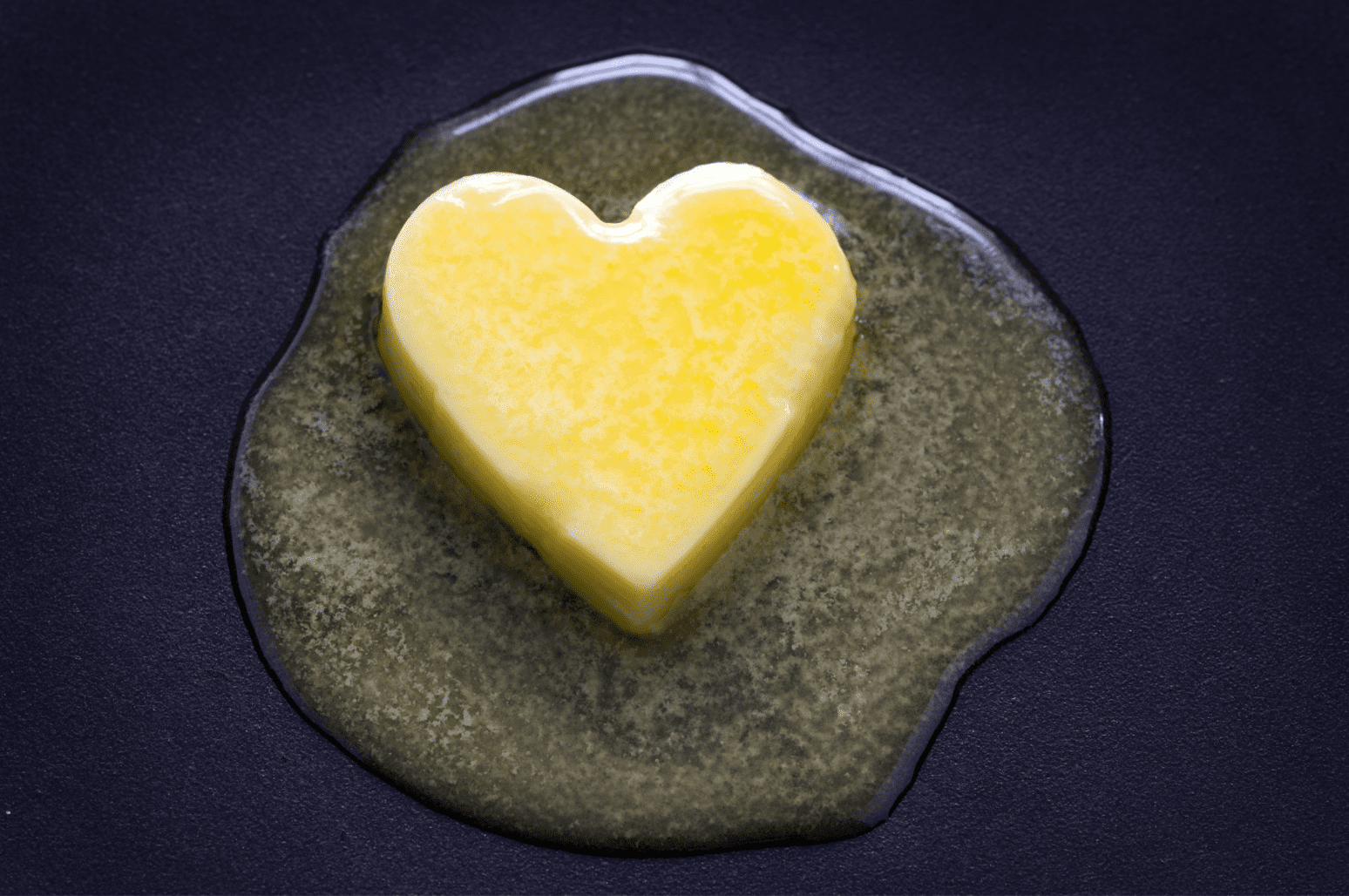
I’ve always been interested in nutrition, but brain cancer sharpened and honed that interest. Suddenly, it wasn’t a question of figuring out what foods would help me to bulk up. It was a question of what foods would help prolong my life and prevent a deadly disease from returning.
That’s how I discovered keto. It proved to be the answer I needed, changing the way I thought about eating, transforming my body, and protecting me physiologically from the return of one of the most virulent cancers in existence. Maybe it can do the same for you.
How I Discovered Keto
During a regime of intensive chemo and radiation therapy, I was grateful to take an afternoon away from the hospital and go out on the river with my friend and mentor, Chad. Chad’s guidance shaped me as an athlete, but his greatest contribution to my life came that afternoon. I was almost done with chemo, but I still had seizure medications, regular MRIs, and a looming sense that death could be around any corner. Chad took the time to listen to my fears and frustrations. When I took a breath, Chad asked me a question that would change my life. He asked, “Have you ever heard of the ketogenic diet?”
He explained that the ketogenic diet, or “keto,” involved consuming lots of fat, an average quantity of protein, and few carbs. I discovered that eating a lot of fat can actually cause the human body to lose fat. Normally, our bodies use sugar as fuel, but if we don’t eat sugars then our bodies need to find another source of fuel—such as body fat. That was great, but the more profound benefits were still to come. Cancer uses sugar as fuel, so Chad suggested that going keto might play a role in keeping cancer at bay. It wasn’t a subject he had researched thoroughly, but he thought I might want to look into it.
A Life or Death Approach to Dinner
Following Chad’s suggestion, I was seized with enthusiasm for researching keto. I stayed up late that night, exploring how it could help with both my fitness goals and with other elements of my diagnosis, such as the seizures my doctor told me I would always have.
Keto actually originated as a treatment for epilepsy in kids—and it worked. That crystallized everything for me and convinced me I needed to go all in. My life was on the line, so I knew I needed to fight this thing in any way possible. Right then, that looked like cutting carbs and upping fat intake. The next time I saw my doctor, I told him I was going to stop taking my seizure medication. He wasn’t thrilled, but what could he really do? Keto gave me something I could do to heal my ailing body and get myself back on track toward my dreams.
Keto Changed My Mind and Body
When I started keto, I was back on campus. People saw my results and the shifts in my behavior, as keto helped me manage the mood swings that were a side effect of chemo. My new diet meant I couldn’t go out to eat with everyone else. Instead, I prepped all my food in my apartment and ate it there or brought it with me. It would have been easy to feel left out, but I was too determined to care. When I thought of the positives—I got to eat so many delicious foods and still feel great about it—and reminded myself why I was doing it, I didn’t struggle with the transition at all. I was excited! I knew that I had to stay committed to my health or I would die, and I was committed to staying focused on my dreams.
From the time I was first diagnosed with a brain tumor until a few months into my new keto lifestyle, I lost fifty pounds. It wasn’t weight-loss from being sick either. I was leaner, fit, and loving my results. I was seeing the visible effects of my body using fat as fuel instead of storing it. In spite of the surgery and everything else, I’d achieved the full-body change that I’d wanted back when I was meal planning on the morning of my seizure.
Could Keto Be the Key to Transforming Your Body Too?
All along the way, I documented what I was doing and how my body was changing. At first, people were wishing me well after surgery. Then they were curious about the changes I was seeing. My platforms took off, and before I knew it, I had tens of thousands of people following my updates. Could keto have a similar impact for you?
I was eating foods no one ate, avoiding foods everyone said I should eat, and exercising when doctors said I wouldn’t be able to. Yet I had all of these results that everyone wanted. It was like living on a different planet. I could have let that loneliness torture me from the beginning. Instead, I invited people to join me on this strange planet. If I could do it while fighting cancer, more and more people believed they could do it too. If you’re reading this and wondering whether keto can work for you too, perhaps it can. I changed my body while fighting cancer when every doctor I met was telling me that I should feel too sick and weak even to work out. Keto was a huge part of that.
Join Us on Planet Keto
I hope your situation isn’t as stark as mine. I also believe that if you hear a calling to try keto, you should give it a try. Johann Wolfgang von Goethe once said, “Courage is the commitment to begin without the guarantee of success.” If you’re approaching your life with vision and purpose, opportunities will become clear. Take them! What do you have to lose?











Somebody very dear to me has been diagnosed with kidney cancer (last week) that has metastasized to her liver.
I listen to Eddie Pinero every a.m and today, the interview with Logan Sneed came up. I obviously got “curious”, interested in finding out more information with the Hope that this could help my friend too.